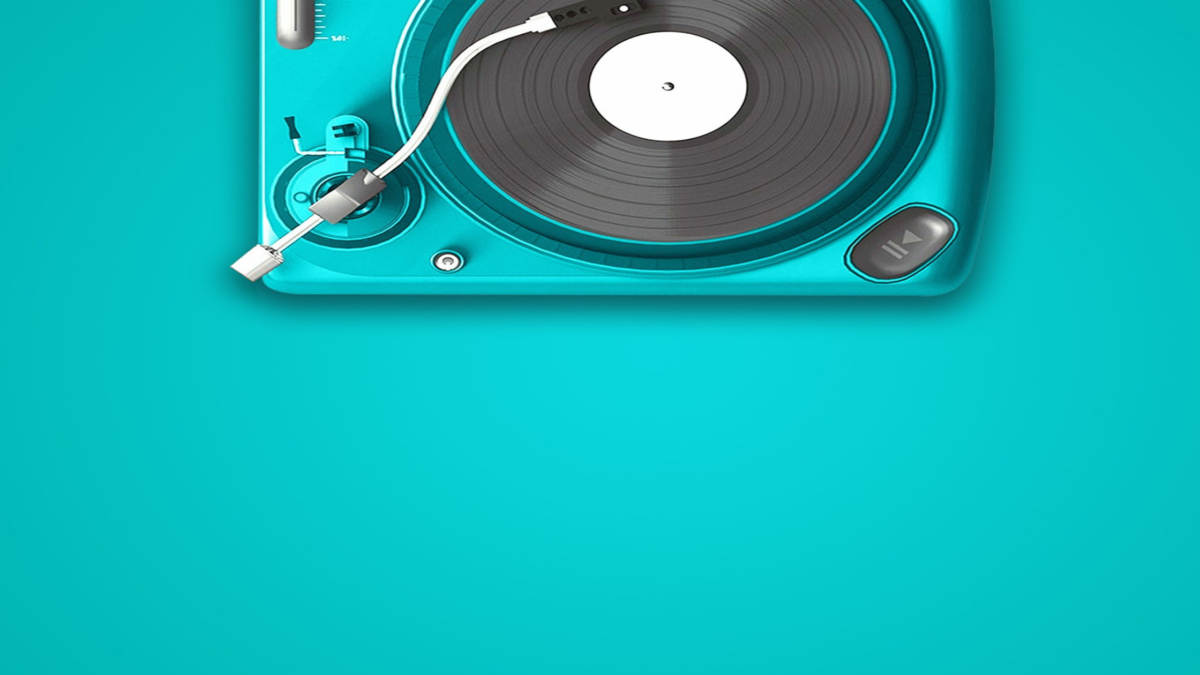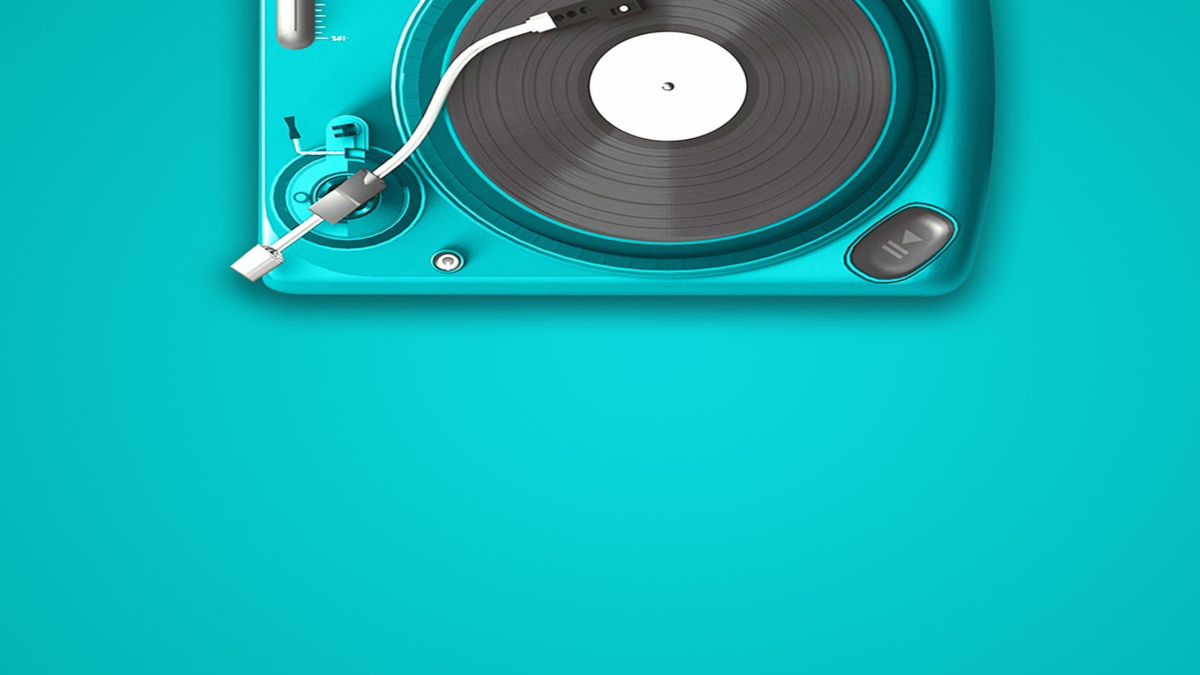The pandemic slowed down things for independent music artists in 2020. Despite the world still struggling to wrestle down the virus, a lot is bound to change about indie music in 2021.
At Disctopia, we don’t want to leave you scratching your head on the form independent is assuming. There are ebbs and flow of music trends, which is determined by numerous factors. Top of these factors is the way people listen to music and what people expect from indie music artists.

By reading through this piece, you’ll be able to adapt to these up-and-coming trends about independent music.
1. Focus on Alternative Streams of Income
Why an alternative source of income when streaming revenue is on the rise for
independent music artists? Of course, this won’t stop flowing in steadily and it’s even expected to grow.
However, the days of making money solely from music by indie artists are long gone. Today, the focus is on opening more sources beyond just music streaming revenue.
The attention is now shifting back to merchandising, touring, licensing, and other alternative ideas.
The shift of income streams isn’t just peculiar to indie artists, even major record label artists are on the lookout for alternative streams.
2. Music and Tech Bundling
It started with Amazon with Prime bundle, now others have followed suit. We now have YouTube music, Apple Music, Google Music, and many others that are developing something similar.
Of course, since the advent of electricity, technology has been a catalyst for the music industry. However, what we are witnessing currently is on a hyper level.
More recently, we’ve seen a lot of tech companies and corporations going into a business relationship with musicians and artists. That can only mean one thing, they're about to be a disruption in the way we’ve been consuming music.
In the end, music will become part of the pie being offered by tech giants.
3. VR in Enhancing Music Experience
In the United States alone, there are about
57.4 million Virtual Reality users and this number is expected to grow exponentially. You may be surprised that the lack of content offerings has been one of the reasons why VR is yet to grow to its expected potentials.
With music, a lot is about to change in VR adoption.
When VR is paired with music, it can improve the listening experience with the help of immersive visuals and interactivity. This is the direction independent music is also be following in the coming years.
Virtual Reality is now becoming common in music videos and live performances. In the end, you’ll realize that VR blends in with the exploratory nature of indie music.
4. Artificial Intelligence and Music Creation
In the future, AI will maintain an important position in music creation, production, and distribution. With AI tools, music production and distribution will be less time-consuming and affordable.
This is going to be in favor of independent music artists, especially those who are still struggling to find their feet. With little resources, they will be able to create, produce and distribute their music.
With the use of AI tools, songwriting will be easier and affordable for anyone who wants to try pout a career in indie music.
Aside from music creation and distribution, the use of AI will also help indie artists generate more income from
social media for music promotion. AI will help in streamlining and positioning promotion for better conversion.
5. Collaborations With Other Industries
The independent music industry is quite ripe enough to be a beneficiary of the collaborations and crossovers that are bound to happen. The collaboration and crossover will be between the music industry and other creative industries.
We’ve seen the relationships being forged by the gaming industry and the music industry. We are also seeing the sojourn of artists in fashion and film making.
There’s also a lot of documentaries and filmmaking on artists. If the predictions of the industry experts can be relied on, similar collaborations are likely to occur in the nearest future.

 By reading through this piece, you’ll be able to adapt to these up-and-coming trends about independent music.
By reading through this piece, you’ll be able to adapt to these up-and-coming trends about independent music.
 By reading through this piece, you’ll be able to adapt to these up-and-coming trends about independent music.
By reading through this piece, you’ll be able to adapt to these up-and-coming trends about independent music.



